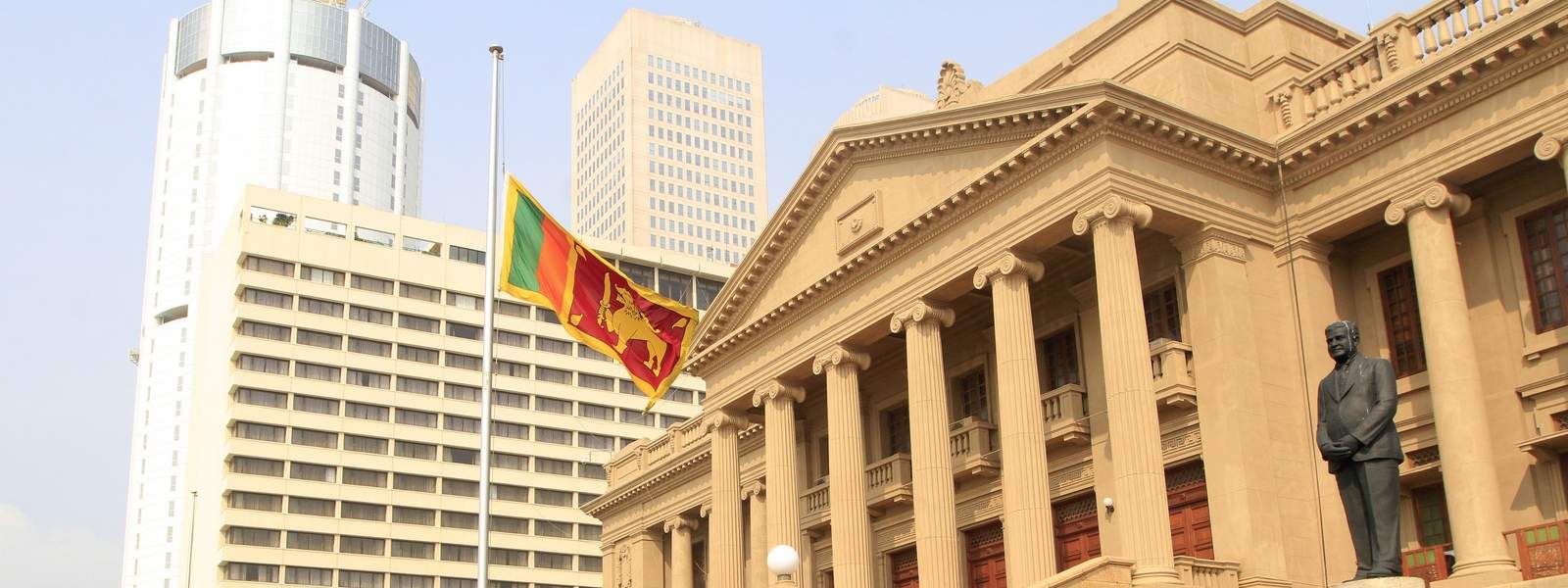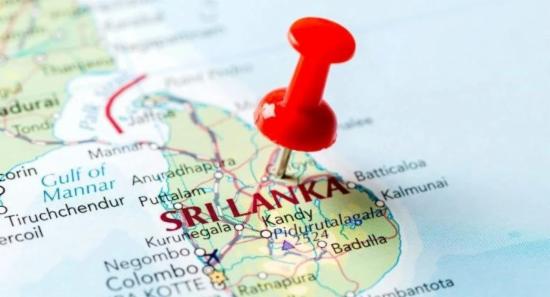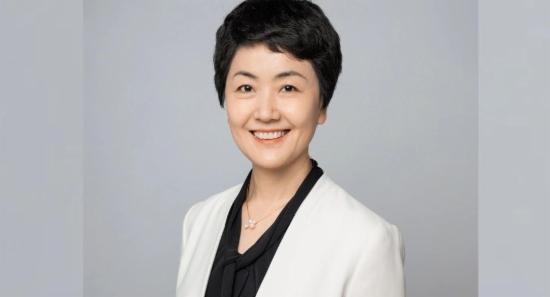.webp)

Leadership Is An Action – Not A Position
The winds of change howled in Sri Lanka in January 2015. The winds blew so hard that President Mahinda Rajapaksa went back to Carlton, Tangalle.
President Sirisena pulled off a spectacular victory neither predicted nor expected. Unexpected too, for Ranil Wickremesinghe who became the Prime Minister in an unlikely coalition – ideologically oceans apart: the President a die-hard left of centre socialist and the Prime Minister who extolled the virtues of neo-liberalism.
In opposition in 2014 and with power in 2015, Prime Minister Ranil Wickremesinghe espoused the need for Sri Lanka to rescind the 18th Amendment to the Constitution and introduced the 19th Amendment – reducing several of the vast powers held by an Executive President including the provision of the President not holding any Cabinet ranked positions to be effective post the Sirisena Administration.
The election in 2019 saw Gothabya Rajapaksa as the President and subsequent parliamentary polls completely annihilated Wickremesinghe’s United National Party reducing it to just the one bonus seat. Wickremesinghe was defeated in his own constituency and thus became a ‘defeated candidate’.
In 2015 the yahapalanaya government openly stated that defeated candidates would not be given any positions or portfolios as was customary under President Mahinda Rajapaksa.
In 2019 through 2022 several actions previously described as undemocratic turned full circle.
Ranil Wickremesinghe previously stated no through the backdoor appointments for defeated candidates. Yet he himself was the beneficiary of that stricture: defeated at the polls he appointed himself to represent the UNP via the solitary bonus seat given to the UNP after its shocking defeat at the parliamentary polls.
The man who spoke so much of the need to return to the implementation of the 19th Amendment has secured for himself the cabinet ranked portfolio of the Ministry of Finance. The 19th Amendment precludes the President from holding Cabinet positions.
In 2021-2022 Finance Minister Basil Rajapaksa was asked by then lone-elephant Ranil Wickremesinghe to table the draft of the IMF Agreement. He reminded Basil Rajapaksa this was transparency and also democratic. It made perfect sense: the people needed to know the details of proposals that would undoubtedly impact upon those very people.
In 2022 he is not only the Minister of Finance but is also the Executive President. He does not have the mandate of the people directly, but he holds his position thanks to the clarity of the Constitutional process.
Surely the President does not need any legal process for him to act according to his highly-rated democratic values and his own conscience. Yet he holds on to the Ministry of Finance.
Conscience after all is the greatest arbiter of action.
Other Articles
Featured News





.png )

-753118_550x300.jpg)
-753105_550x300.jpg)




















.gif)